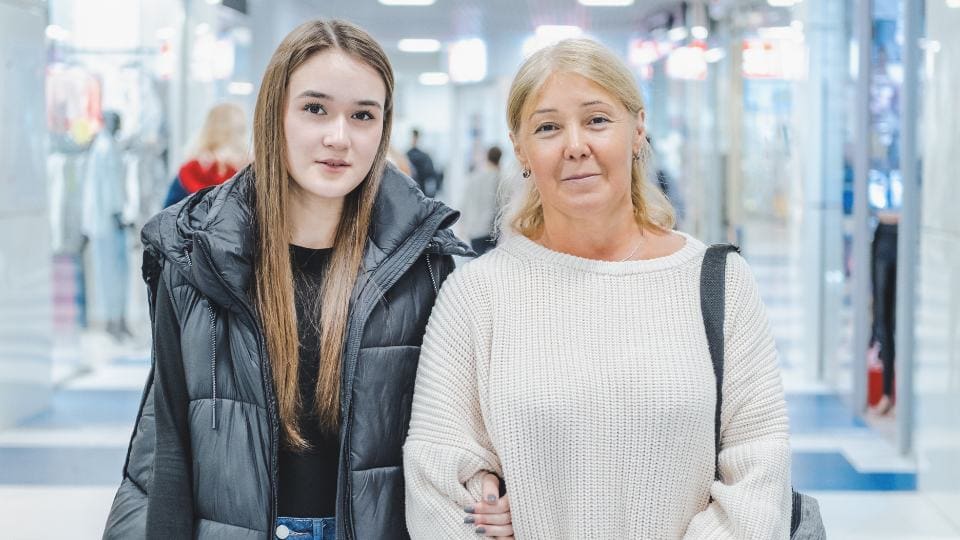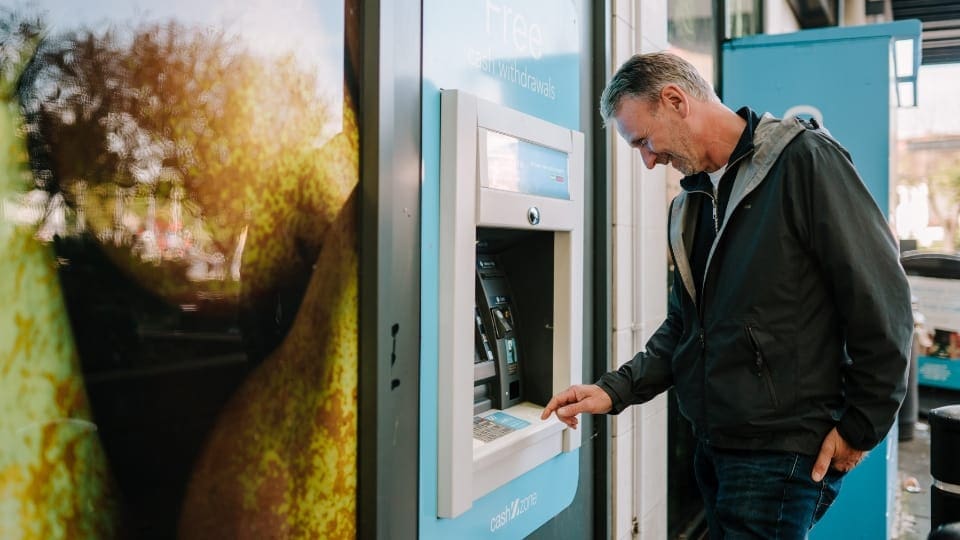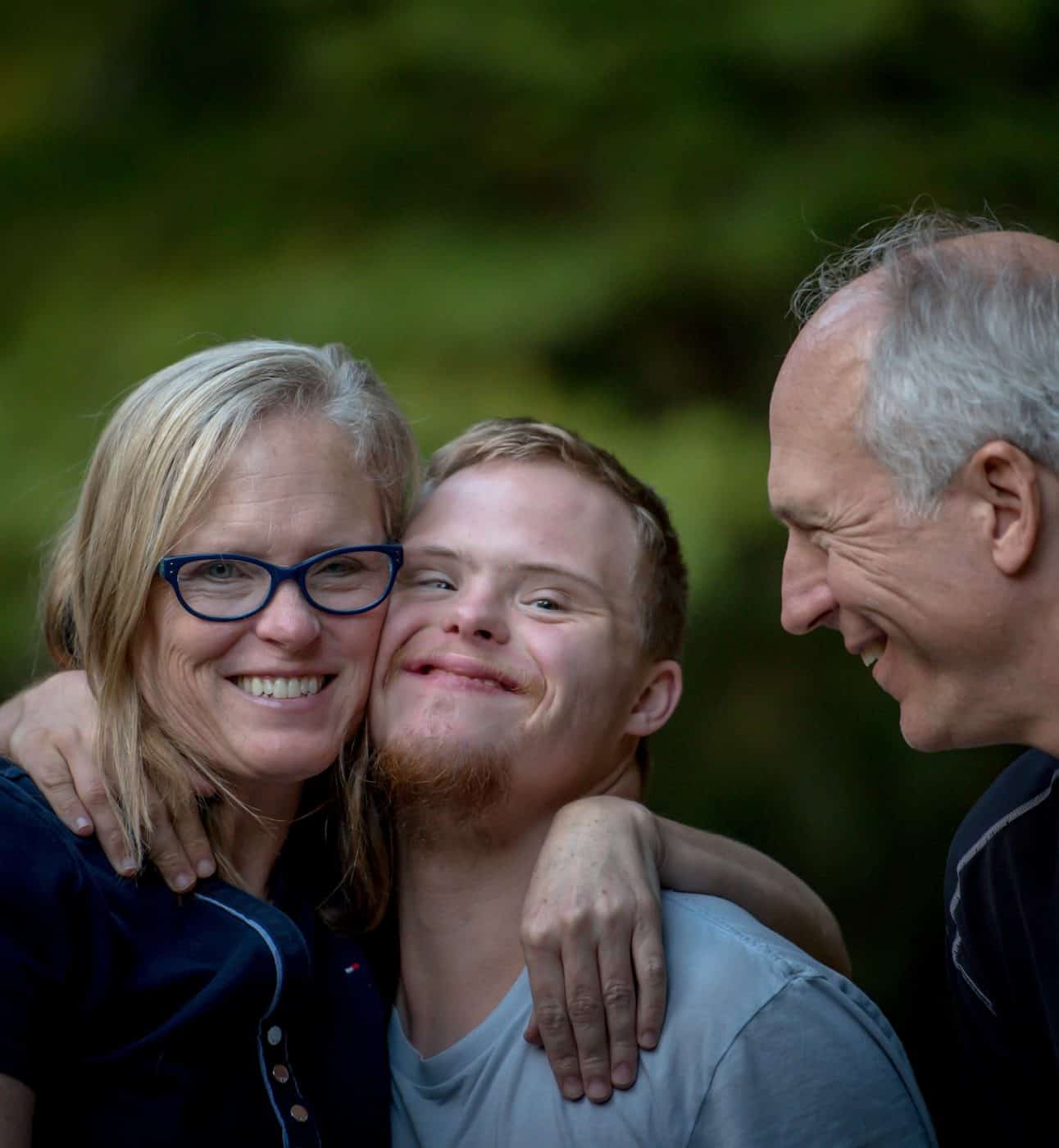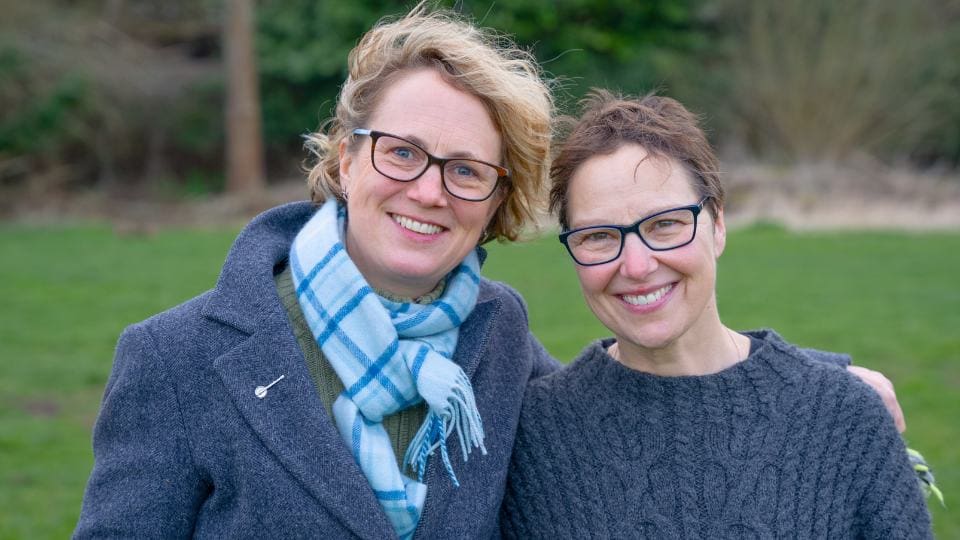
Supporting children and adolescents when a parent has young onset dementia
Information and advice on supporting a child or teenager whose parent has been diagnosed with dementia.

Find out more about life with young onset dementia and how you and your family can adapt after a diagnosis.

Information and advice on supporting a child or teenager whose parent has been diagnosed with dementia.

A diagnosis of young onset dementia often affects the person’s ability to work. Read how dementia may affect employment and how to manage the changes.

A diagnosis of young onset dementia may impact your finances, this page shares information and advice around financial and legal matters to consider.

How to recognise dementia symptoms in a person with a learning disability and get a diagnosis and adapt.

The symptoms of perimenopause and menopause have similarities with dementia symptoms. How do you recognise which is which?

Information and advice around choosing a care home for a younger person living with dementia.